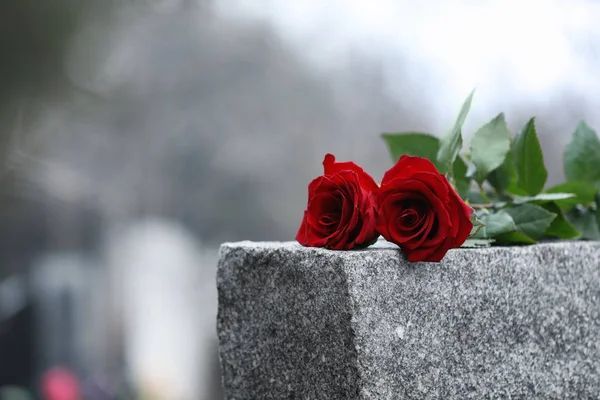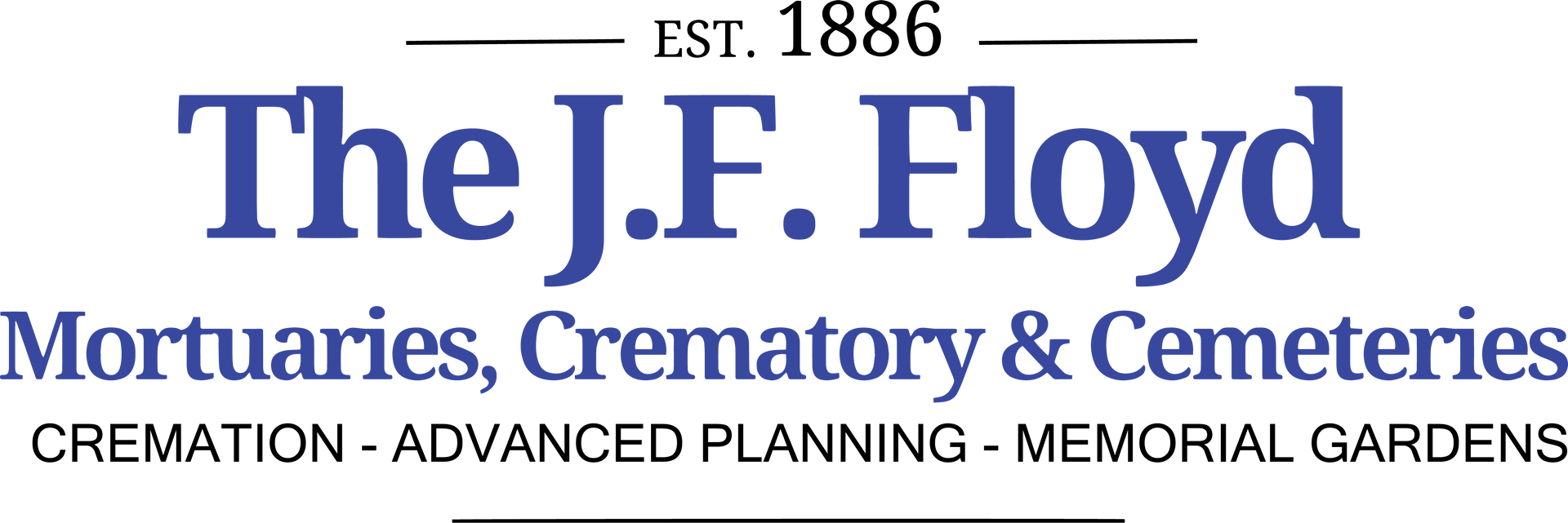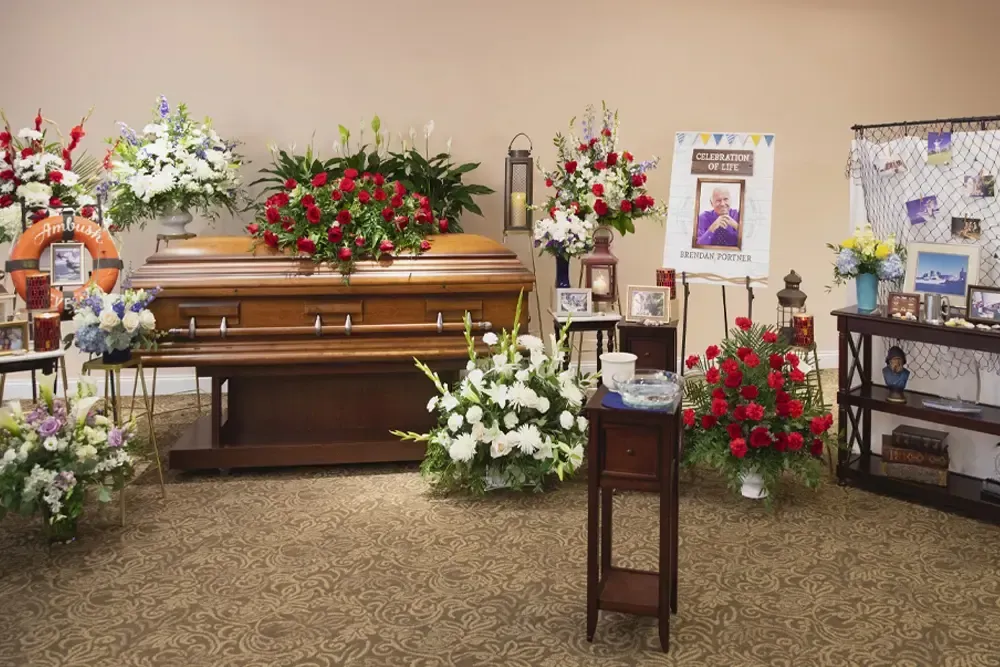August 23, 2025
The People Who Make a Funeral Possible: A Look Inside the Funeral Home
When planning a loved one’s funeral, one of the most important individuals guiding you through the process is the funeral director. As your primary point of contact at the funeral home, the funeral director is there to offer support, care, and expertise during a profoundly difficult time. They are responsible for overseeing every aspect of the service, from viewings and visitations to burials and cremations.
Much of their work, however, happens behind the scenes. Funeral directors coordinate transportation for the deceased, arrange receptions, complete necessary legal and administrative paperwork, and ensure that all logistics are handled with professionalism and compassion.
While the funeral director plays a central role, they are far from alone in their efforts. Especially in larger funeral homes, a dedicated team works together to support grieving families and ensure each service is meaningful and respectful.
Who Works at a Funeral Home?
Embalmers
An essential part of funeral preparation, embalmers are highly trained professionals who preserve and prepare the body for viewing. In the United States, approximately 50% of individuals are embalmed—a process that helps the deceased appear as they were remembered in life. Embalmers must complete formal education in mortuary science, hold a state license, and often complete an apprenticeship under an experienced professional.
In many cases, embalmers also serve as mortuary cosmetologists (sometimes called desairologists). In this role, they apply makeup and style hair to ensure the loved one’s appearance is as familiar and comforting as possible. However, in larger funeral homes, dedicated mortuary cosmetologists may be brought in to focus exclusively on this delicate work.
Funeral Attendants
Funeral attendants work under the direction of the funeral director to manage the physical aspects of the service. They prepare rooms, transport caskets, greet guests, and ensure that every detail is handled smoothly. Their quiet presence behind the scenes allows families to focus on remembrance and healing.
Advanced Planning Advisors
Planning ahead for a funeral can be one of the most compassionate gifts someone can give their family. Advanced planning advisors guide individuals through the process of pre-arranging their own funeral, helping to ease the burden on loved ones when the time comes. These advisors document preferences and coordinate with funeral directors to carry out those wishes when needed.
Aftercare Specialists
Support doesn’t end when the funeral does. Many funeral homes provide aftercare services to assist families as they navigate grief in the weeks and months following a loss. These team members—who may be grief counselors or hold other supportive roles—are there to ensure no one has to mourn alone. Their presence reinforces the funeral home's ongoing commitment to the community.
Administrative Professionals
Behind every well-organized funeral is a team of skilled administrators and administrative assistants. These individuals manage schedules, handle records, and provide vital support to the funeral director and other staff. They also help create a welcoming, respectful environment for families and guests.
A Team Built on Compassion and Community
Although the funeral director is often the face families see most, the entire team at a funeral home plays a role in honoring a life well lived. From embalmers and attendants to grief counselors and administrative staff, each person brings empathy, professionalism, and a commitment to serving others during one of life’s most difficult moments.
Working in a funeral home requires not only technical expertise but also a deep sense of compassion. These professionals are united by a shared purpose: to care for families, honor lives, and support their communities with dignity and respect.
Our Blogs











